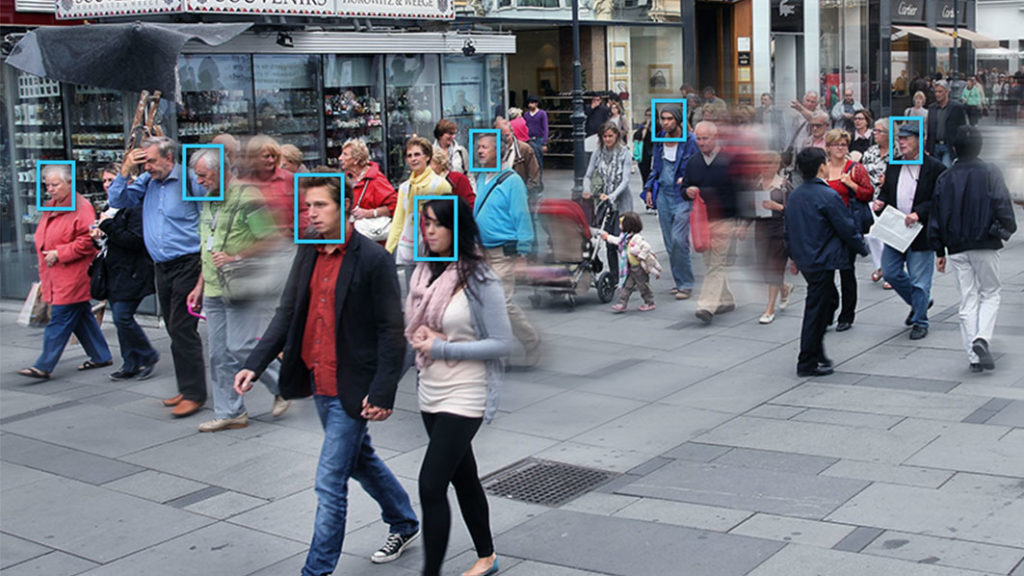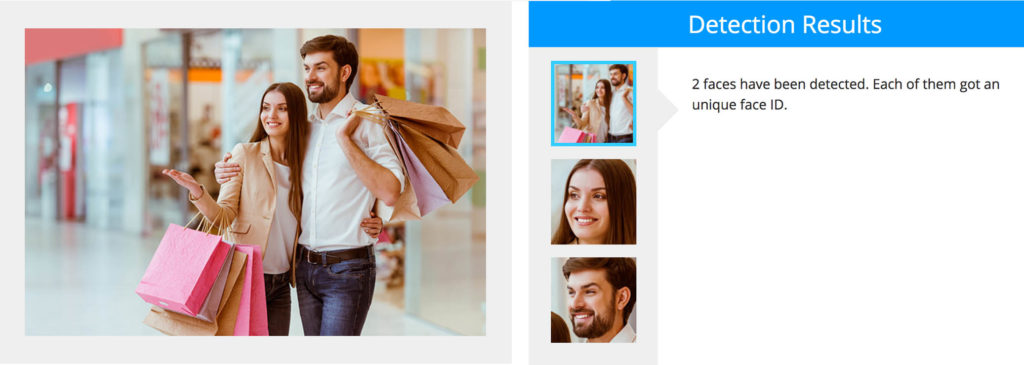CyberLink Looking to Bring Facial Recognition AI to US Retail Stores
According to the ‘Sensormatic Global Shrink Index’, last year shoplifting cost the global retail industry $100 billion in losses. That amounts to almost 2 percent of revenue. It can be crippling to stores that operate on razor-thin margins. Usually, the losses due to shoplifting result in increased prices for consumers.
Security cameras in retail stores are nothing new. They are there as mostly a deterrent and usually, shoplifters are caught after the fact. Some companies are looking to go beyond traditional security systems by turning to artificial intelligence.
Cyberlink’s FaceMe Helps Stop Shoplifters
While facial recognition technology is becoming more commonplace in Asia, it has yet to really take hold in the United States. One Taiwanese company is looking to bring their smart surveillance technology to US retail stores to help them combat shoplifting and better track the customers that walk through their doors.
Cyberlink’s FaceMe software is part surveillance and part Skynet. It uses facial recognition and artificial intelligence to track and profile every customer. It keeps all that information in a database for companies to access whenever they desire.
According to CyberLink, the algorithm has an accuracy rate of 98.5%. The deep neural network-based AI has ranked among the fastest and most precise algorithms in the MegaFace Challenge and NIST’s Face Recognition Vendor Test. MegaFace is the largest publicly available facial recognition dataset while NIST is a government program that evaluates face recognition algorithms.

FaceMe Can Detect Gender, Emotion and Age
FaceMe can analyze up to 106 high-key facial points and quickly identify individuals from a database. This could help store security focus on customers that may have caused problems in the past. It could also identify say an elderly customer who may need more assistance while shopping.
Along with facial attributes, the algorithm can detect things like gender, emotion, head pose, and approximate age. Shoplifters often have telltale signs before they commit a crime like a flush face, restlessness, or abnormal sweating. If FaceMe detects this, it can send an alert to store security to keep a closer eye on that person.

Facial Recognition AI Can Allow Stores to Better Understand Customers
Using facial recognition in retail is not just about security, it can also help companies get a better idea of a customer’s experience while shopping. Are shoppers comfortably navigating the aisles or do they seem agitated and confused?
By being able to track things like head position and emotions, FaceMe can see which products customers are looking at and how they are reacting. With artificial intelligence, stores can keep a better tab on the demographics of their shoppers. By knowing exactly what types of people are coming into the store, companies can better target their marketing efforts.
Something like FaceMe can also notify store employees when a VIP customer enters so they can be given special assistance. If a big spender is shopping, stores will want to keep them as happy as possible. In turn, if a problem customer enters the store, security can be given a heads up to keep a closer eye on them.

Facial Recognition Coming to US Retail?
According to CyberLink, they are in active conversations with many US retailers. If something like FaceMe results in a healthier bottom line for Asian stores, one would assume it will eventually make it over to the West.
Of course, facial recognition technology raises privacy concerns. Some people can accept it being used for enhanced security, but many may have issues when it goes beyond and tracks them in the name of marketing. Do people really want their every move and emotion tracked when they innocently go shopping? Will this cause people to shop even more online or will they put up with it for a day at the mall?
Check out our articles on AI helping detect shoplifters in Japan and grocery smart shelves.

